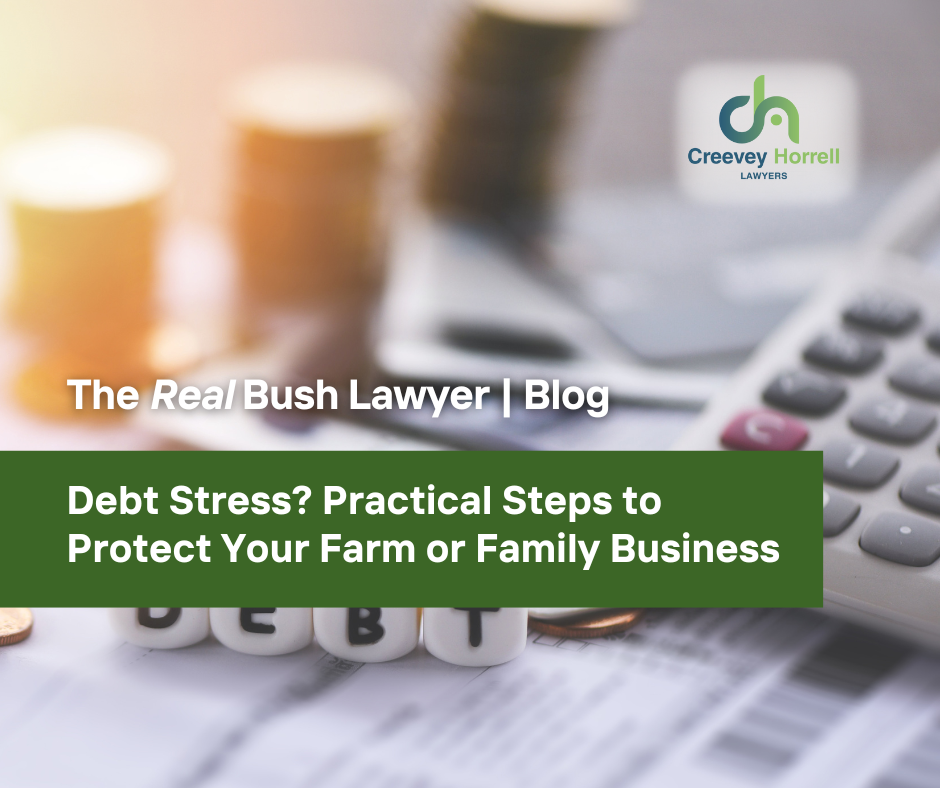RESISTING ARREST IN QUEENSLAND
- yyong59
- Jul 13, 2022
- 2 min read

It’s important to remember your rights if you are facing arrest.
Although you may disagree with an arrest, the act of physical resistance or evasion from a police officer’s lawful arrest will be considered a crime. Unfortunately, many fail to understand that this resistance can come with negative consequences.
In Queensland, the police have rights to arrest in a range of situations. In most cases it is lawful for a police officer to arrest an adult if they have an arrest warrant. Attempts to repel these lawful arrests with physical force constitutes ‘resisting arrest’ and is considered a crime.
The police also withhold rights to use reasonable force to arrest the named individual to ensure they’re taken into physical custody.
What does it mean to resist arrest?
Resisting arrest, unlike obstructing police, means to knowingly take steps to evade arrest or exerting force to repel the arrest.
Evading arrest can mean attempting to flee the scene on foot or in a motor vehicle.
Resisting Arrest Is a Crime
When a warrant for arrest is made and its’ legal requirements have been complied with, it’s by order of the court that the named person on the warrant be arrested. This is the case even when or if police need to use reasonable force to succeed in the arrest.
Sometimes, individuals may resist arrest because they believe the arrest is unwarranted, or ‘incorrect’. The individual may hold the belief that they are innocent to the charges being brought upon them. In cases such as these, the above law still applies, given there was a warrant for this individuals’ arrest.
This resistance to lawful arrest will still be considered a crime even if the original accusation held against the individual is acquitted.
Do you know your rights?
In Queensland, it’s not a requirement for police to read you your rights unless they want to bring you in for questioning.
It’s important to be aware of your rights when dealing with the police or facing arrest.
If you’ve been arrested you should be aware of the following:
• You have a right to know what you are under arrest for (i.e. the kind of offence and why you are accused). The police must tell you this information.
• You have the right to seek legal support if you are called in for questioning about an indictable offence
• You have the right to remain silent (in general, but there are some questions the police ask that you must answer.)
• You do not have a choice about the physical arrest, you must oblige by their rules
• You do not have the right to resist asset
• You have the right to ask for police (if you do not go straight to court)
Creevey Russell Criminal Law
The criminal law department at Creevey Russell Lawyers are recognised as leaders in the field. We act for clients across the span of the legal process, from police station work through to High Court appeals, and across a whole spectrum of criminal matters.
Obtain legal advice If you need further support, please contact our team at Creevey Russell Lawyers on 07 3009 6555, or by emailing creeveyrussell@crlawyers.com.au today.
#legal #lawfirm #lawyers #law #lawyer #litigation #attorney #creeveyrussell #creeveyrusselllawyers #criminallawyers #agribussiness #rurallaw #commerciallaw #crimeandmisconduct #brisbanelawyers #domesticviolence #familylaw #trafficoffence #willsandestates #toowoombalawyers #romalawyers #247crimehotline #resistingarrest
.png)




Comments